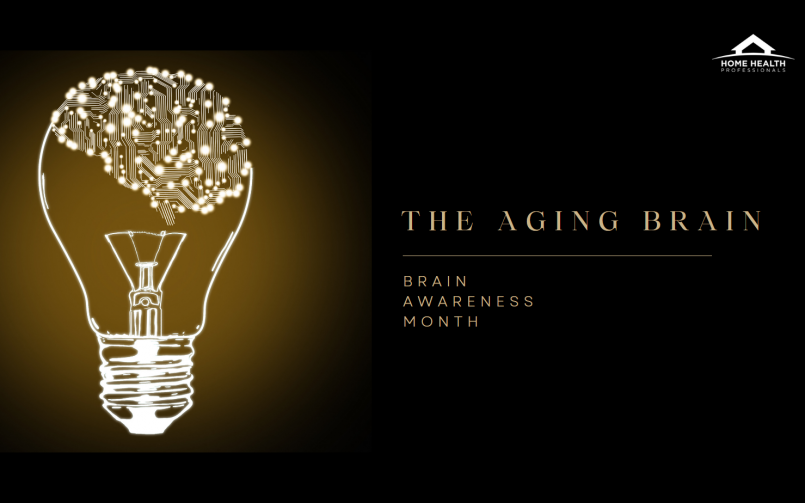By: Marlena Lopez | Tags: | Comments:
0 | March 13th, 2023
As time passes brain cells start to shrink in size. By the time you reach age 70, the average brain can shrink in volume as much as 10% – 15%. This is due to a decrease in the number of neurons, synapses, and the size of brain cells. Shrinking of the brain doesn’t necessarily mean you’re in a rut, with the right exercise, diet, and habits you can maintain and even improve your brain health. Usually, a more mature brain structure points to cognitive changes such as a decline in memory, processing speed, and attention. These changes aren’t the same for everyone. Some experience cognitive stability and even improve with age. The more stress an individual’s brain goes through, the higher probability of stroke, dementia, and other brain diseases. Some of these stressors include:
Neurotransmitter Changes: Neurotransmitters are chemicals that transmit signals between neurons. The levels of some neurotransmitters, such as dopamine, decrease with age, which can lead to changes in motivation, mood, and movement.
Blood Flow Changes: Blood flow to the brain decreases with age, which can affect cognitive function and increase the risk of stroke and dementia.
Inflammation: Chronic inflammation can occur in the brain as people age, which can lead to damage to the brain cells, and impair cognitive function. Other factors that can cause brain inflammation include:
-
Diabetes & High Blood Sugar
-
Poor circulation from lack of exercise, chronic stress, heart failure, respiratory issues, and anemia
-
Previous head trauma
-
Neurological autoimmunity
-
Eating gluten when you are gluten intolerant
-
Poor brain antioxidant status
-
Alcohol and drug abuse
-
Environmental pollutants
-
Systemic inflammation
-
Inflammatory bowel conditions
-
Leaky blood-brain barrier
-
Changes in Sleep Patterns: Older adults may experience changes in sleep patterns, such as difficulty falling asleep, which can affect cognitive function and overall health.
Keeping a Healthy & Sharp Brain
You do have control over your long-term brain health. Maintaining these core essentials can help make an impact on your brain and overall health.
Stimulate Your Brain
According to Harvard Health, you can keep your brain sharp by continuing learning, using all of your senses, and prioritizing your brain use. Another main source of stimulation comes from connecting socially with other individuals.
Eat Smart
Studies show that eating plenty of vegetables and fish rich in Omega-3 fatty acids, such as salmon, tuna, and mackerel, decrease the risk for cognitive decline. Avoid saturated fats, trans fats, and hydrogenated oils.
Exercise Regularly
Staying physically active helps maintain regular blood flow to the brain and reduces the risk of high blood pressure, which is associated with the development of dementia.
Quit Smoking and Limit Drinking
Both decrease cognitive function. If you smoke, stop. If you choose to drink, do so moderately.
Control Cholesterol and High Blood Pressure
Either of these problems increases your risk of heart disease and stroke. They are also thought to contribute to the development of dementia. Having a healthy cardiovascular system means better blood flow, which is associated with improved cognitive function.
At HHP, our healthcare professionals can help educate you on how to maintain a healthy lifestyle, while providing services such as physical therapy, skilled nursing, occupational therapy, and speech therapy. We are here to help lead you back to an active and healthy lifestyle.

You must be logged in to post a comment.